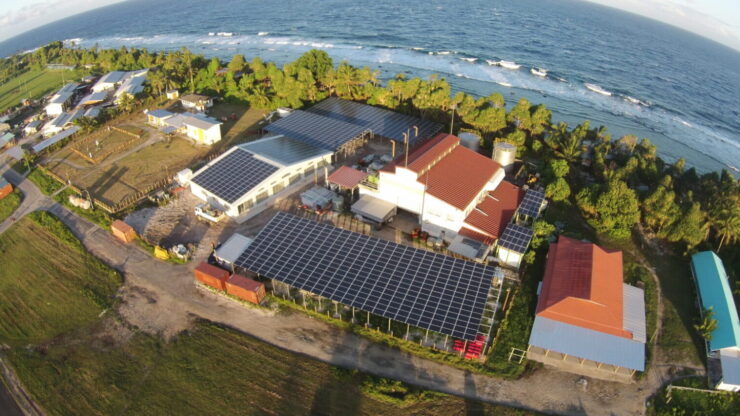Signal detected from this Planet coming from somewhere in the biggest ocean….. “The Pacific Ocean”. It’s from “TUVALU”
Tuvalu Electricity Corporation – TEC
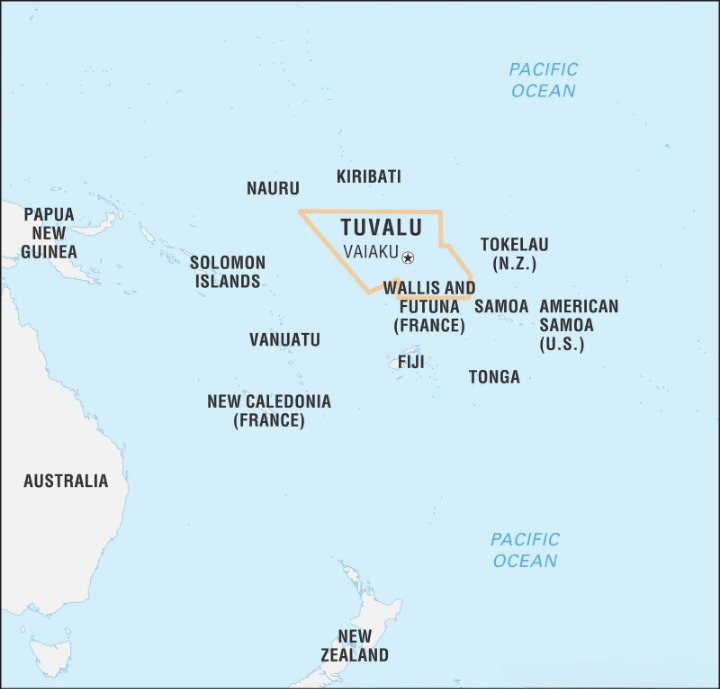
- TEC is 100% owned by the GOT.
- Has a total of eight Power Station. Fongafale is the main station and the balance on the outlying islands.
- Fongafale capacity is only 2096kW. Derated by 80% of nameplate capacity.
- Fongafale Peak Demand is over 900kW. The outlying station falls between 20kW to 70kW.
- In January 2006, the new Power House will be constructed under the Japanese Grand Aid with a 3x600kW medium speed set.
- The total number of customers on Fongafale is 923 and 1075 for all the outstations. Household: 776, Commercials: 93, Government: 54
- The current tariff is Aus$0.47 for commercial and government, Aus$0.34 for residential on Fongafale and Aus$0.30 for residential outstations.
- The tariff is set directly by the Cabinet.
Current TSEC Situation
- Only Solar PV has been used successfully in Tuvalu for electricity generation by RE
- It was first used in 1979 to power the inter-islands telecommunication systems
- Now, the TSEC is totally bankrupt due to mismanagement practices.
- The unit was restructured and only consists of 2 staff, a Research Officer and a Technical Officer.
- The continuous operation of TSEC is a low priority to the Government since the outer islands have been electrified by diesel power.
TEC Current Energy Situation
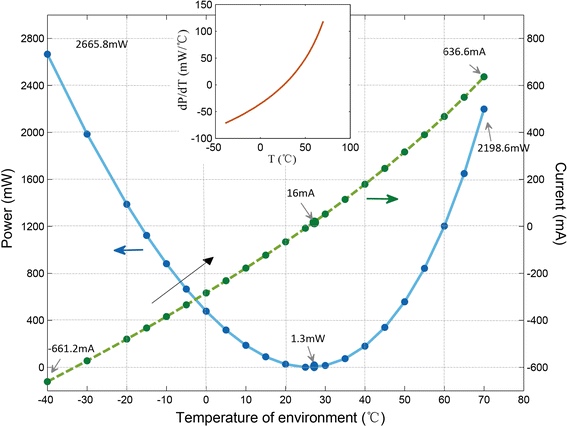
- The main source of energy is DIESEL FUEL. All TEC generators are all diesel based.
- Electric Power and Transport are the largest users of diesel fuel.
- Supplier – Beyond Petroleum (BP)
- Current Fuel Price – Aus$0.9461
- This year fuel prices increased three times: 0.8123/0.8961/0.9461
- Outstation fuel bunkered to ship main tank-to-200 liters drum then delivered to shore by workboats.
Future Energy Situation
- Government is now working on the dissolution of the Solar Cooperative and merge with TEC.
- The Energy Department under the Ministry of Works and Energy is responsible for all renewable energies in Tuvalu.
- TEC and the Energy Department now looking at potential RE in the Country.
- Potential RE might be coconut and solar energy.
Problem regarding RE
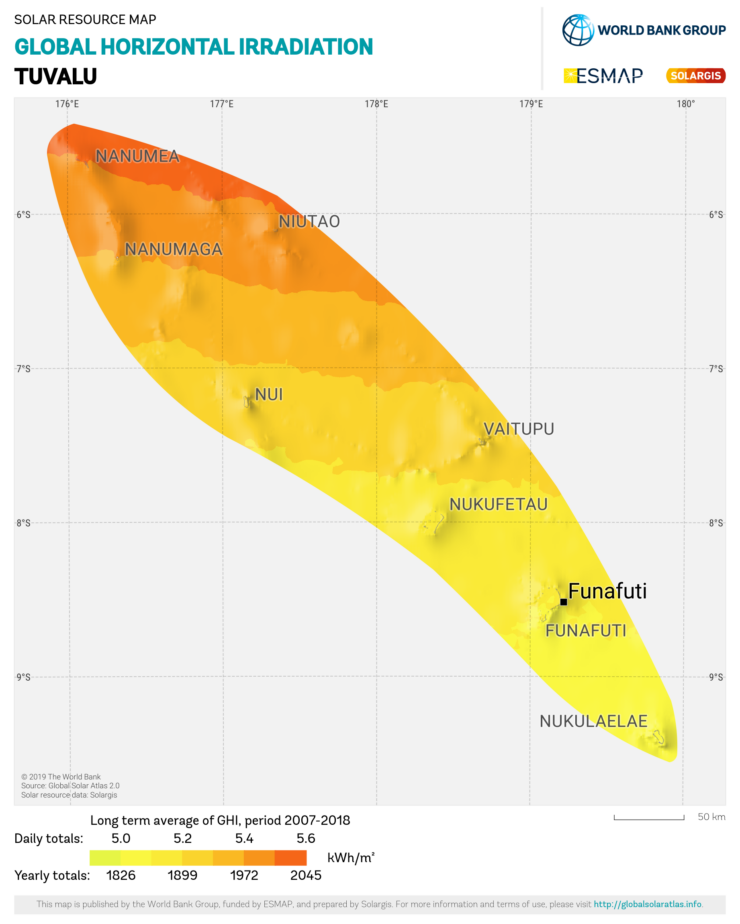
- Lack of funding: financial constrain have been the problem.
- Minimal of potential RE resources.
- High installation cost.
- The low knowledge base of staff on RE: lack of trained and skilled people.
- Acceptance of RE by the communities: the public could not accept the reintroduction of solar energy after the fall of the solar
company.
Expectation
- Enhance skill and knowledge on RE.
- Share of common problems with colleges.
- Able to identify potential sources of RE for Tuvalu, from data provided.
Conclusion
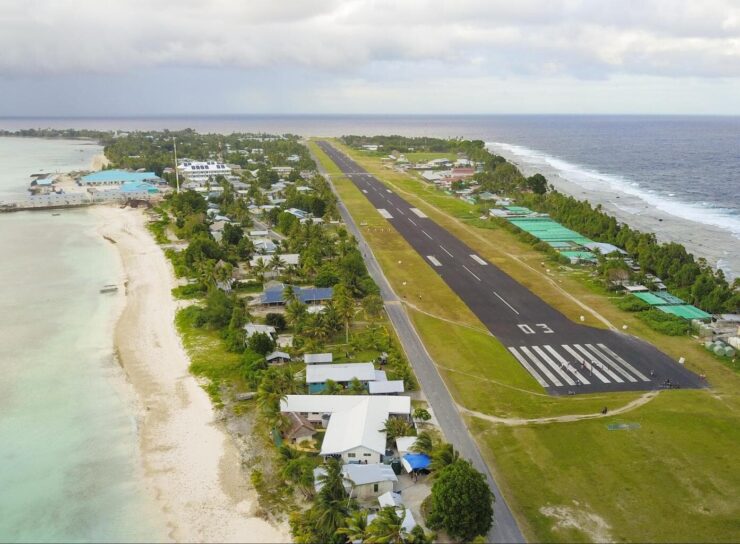
- The introduction of other potential RE technologies is possible through the implementation of feasibility studies and a pilot project that will better demonstrate their appropriateness and viability in the situation of Tuvalu.
- We hope this workshop will be able to map out a new direction in the development of energy in terms of RE.
- We are looking forward to participating in any pilot program and technology demonstrations in the future.

